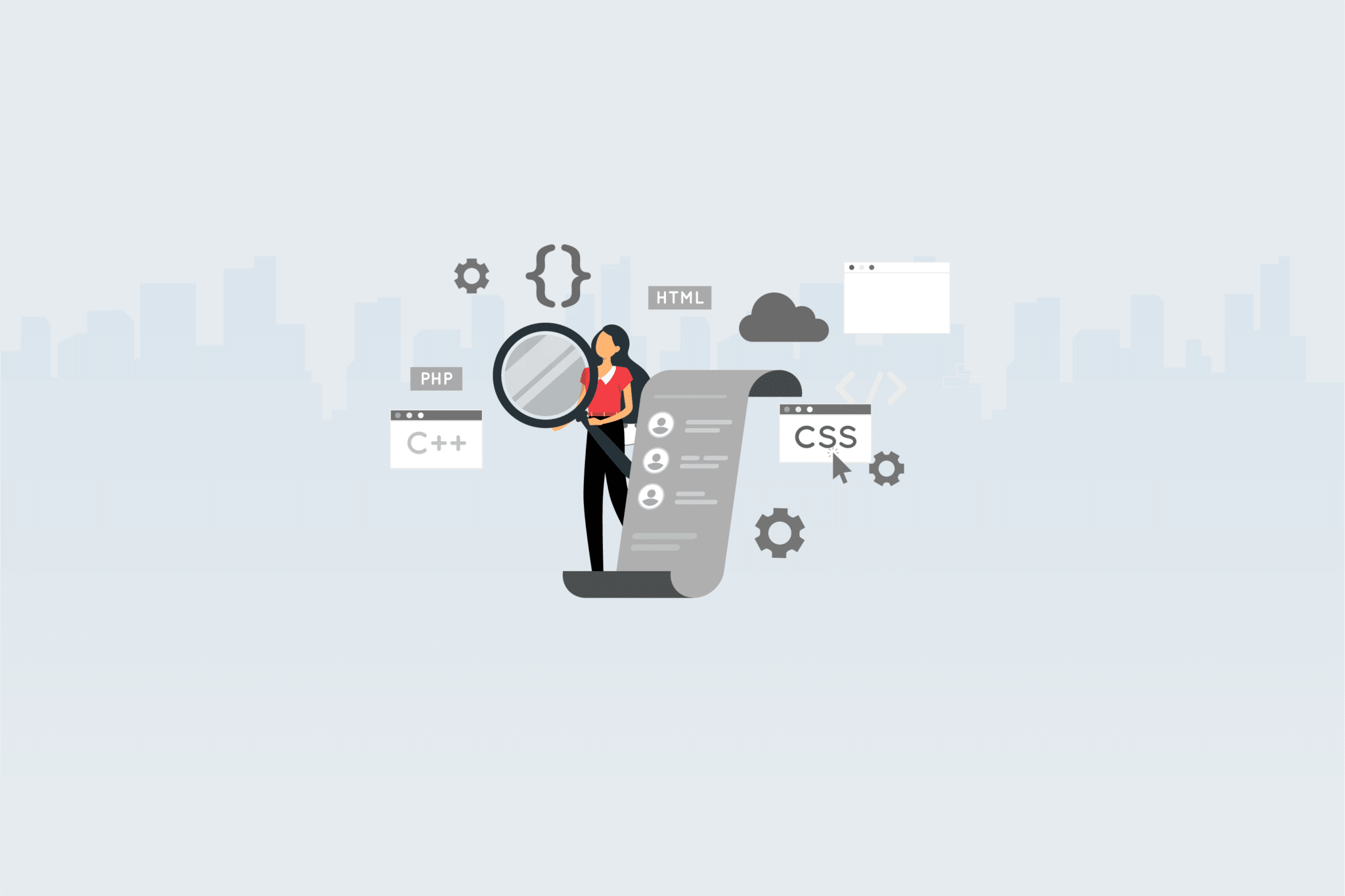The key to success lies not only in having a talented workforce but also in making smart hiring decisions. Recruiters play a pivotal role in identifying and selecting candidates who not only possess the required skills and experience but also demonstrate cognitive abilities that align with the demands of the job. Cognitive ability tests have emerged as powerful tools to assess a candidate’s mental agility, problem-solving skills, and decision-making capabilities.
A research by the Journal of Applied Psychology shows that organizations using cognitive ability tests in hiring experience a 24% increase in employee performance
This blog aims to guide recruiters on how to effectively use cognitive ability test results for better hiring outcomes.
What are cognitive ability tests
Before delving into the strategies for utilizing cognitive ability test results, it’s crucial to have a clear understanding of what these tests measure. Cognitive ability tests assess an individual’s intellectual capabilities, including reasoning, memory, perception, and problem-solving skills. These tests are designed to provide insights into a candidate’s cognitive potential, helping recruiters predict how well they may perform in a given role.
How to use cognitive ability test results for better hiring
1. Aligning test content with job requirements
To maximize the utility of cognitive ability test results, it is essential to align the test content with the specific job requirements. Different roles demand different cognitive abilities, and tailoring the test to match these requirements ensures that the results provide meaningful insights. For instance, a role that requires quick decision-making and problem-solving under pressure may necessitate a cognitive ability test that assesses these skills explicitly.
Recruiters should work closely with hiring managers and other stakeholders to identify the critical cognitive abilities required for success in a particular role. By understanding the nuances of each position, recruiters can select or design cognitive ability tests that mirror the challenges employees will face on the job.
2. Setting clear benchmarks and standards
Interpreting cognitive ability test results becomes more effective when there are clear benchmarks and standards in place. Recruiters should collaborate with hiring managers to establish baseline performance expectations for each cognitive ability being assessed. These benchmarks serve as reference points for evaluating candidates’ scores and help recruiters make informed decisions.
Developing benchmarks requires a comprehensive analysis of the organization’s top-performing employees in similar roles. By understanding the cognitive abilities that contribute to success within the company, recruiters can set realistic standards that reflect the demands of the specific job.
3. Combining cognitive ability tests with other tests
While cognitive ability tests provide valuable insights into a candidate’s intellectual capabilities, they are most effective when used in conjunction with other assessment tools. Skills assessments, personality tests, and structured interviews can provide a more holistic view of a candidate’s suitability for a role.
For example, pairing a cognitive ability test with a personality assessment can help recruiters gauge not only a candidate’s mental acuity but also their interpersonal skills, adaptability, and communication style. This multifaceted approach ensures a more comprehensive evaluation, enabling recruiters to make well-rounded hiring decisions.
4. Providing feedback to candidates
Transparency in the hiring process is crucial for building trust with candidates. Providing feedback based on cognitive ability test results can be a valuable practice. While it is essential to adhere to ethical guidelines and legal requirements, offering constructive feedback can help candidates understand their strengths and areas for improvement.
Constructive feedback also serves as a positive candidate experience, reflecting the organization’s commitment to fairness and transparency. Recruiters can use this opportunity to guide candidates on potential areas of professional development and growth, fostering a positive perception of better hiring with cognitive ability tests.
5. Addressing potential bias in cognitive testing
Ensuring fairness in the hiring process is a top priority for recruiters. Cognitive ability tests, if not carefully designed and administered, may inadvertently introduce bias. Recruiters must be vigilant in addressing any potential bias to ensure that the test results accurately reflect candidates’ abilities rather than perpetuating systemic inequalities.
To mitigate bias and challenges of using cognitive ability tests, it’s essential to use validated and culturally neutral cognitive ability tests. Additionally, recruiters should be aware of potential socioeconomic, cultural, or educational factors that may impact test performance. Implementing inclusive hiring practices and providing accommodations when necessary helps create a level playing field for all candidates.
6. Continuous improvement through data analysis
The utilization of cognitive ability test results doesn’t end with the hiring decision. Recruiters should engage in continuous improvement by analyzing data related to the effectiveness of the tests. Regularly reviewing the correlation between cognitive test scores and on-the-job performance can refine the testing process over time.
By leveraging data analytics, recruiters can identify patterns, trends, and areas for enhancement in the hiring process. This iterative approach ensures that cognitive ability tests evolve with the organization’s changing needs, leading to more accurate predictions of candidates’ success in various roles.
Conclusion
Cognitive ability tests are powerful tools that can significantly enhance the hiring process when used strategically. Recruiters play a pivotal role in ensuring the effective utilization of these tests by aligning content with job requirements, setting clear benchmarks, combining cognitive tests with other assessments, providing feedback to candidates, addressing bias, and continuously improving through data analysis.
By embracing these strategies, recruiters can unlock the full potential of cognitive ability tests, making more informed and successful hiring decisions. In the dynamic landscape of talent acquisition, leveraging cognitive assessments with care and precision can be a game-changer in building a high-performing and diverse workforce.
Ready to revolutionize your hiring process? Supercharge your talent acquisition with Testlify – a cutting-edge cognitive ability assessment tool. Streamline candidate evaluations, ensure fairness, and elevate your workforce. Unlock the full potential of your team with Testlify. Try Testlify for free for a smarter tomorrow in recruitment!








